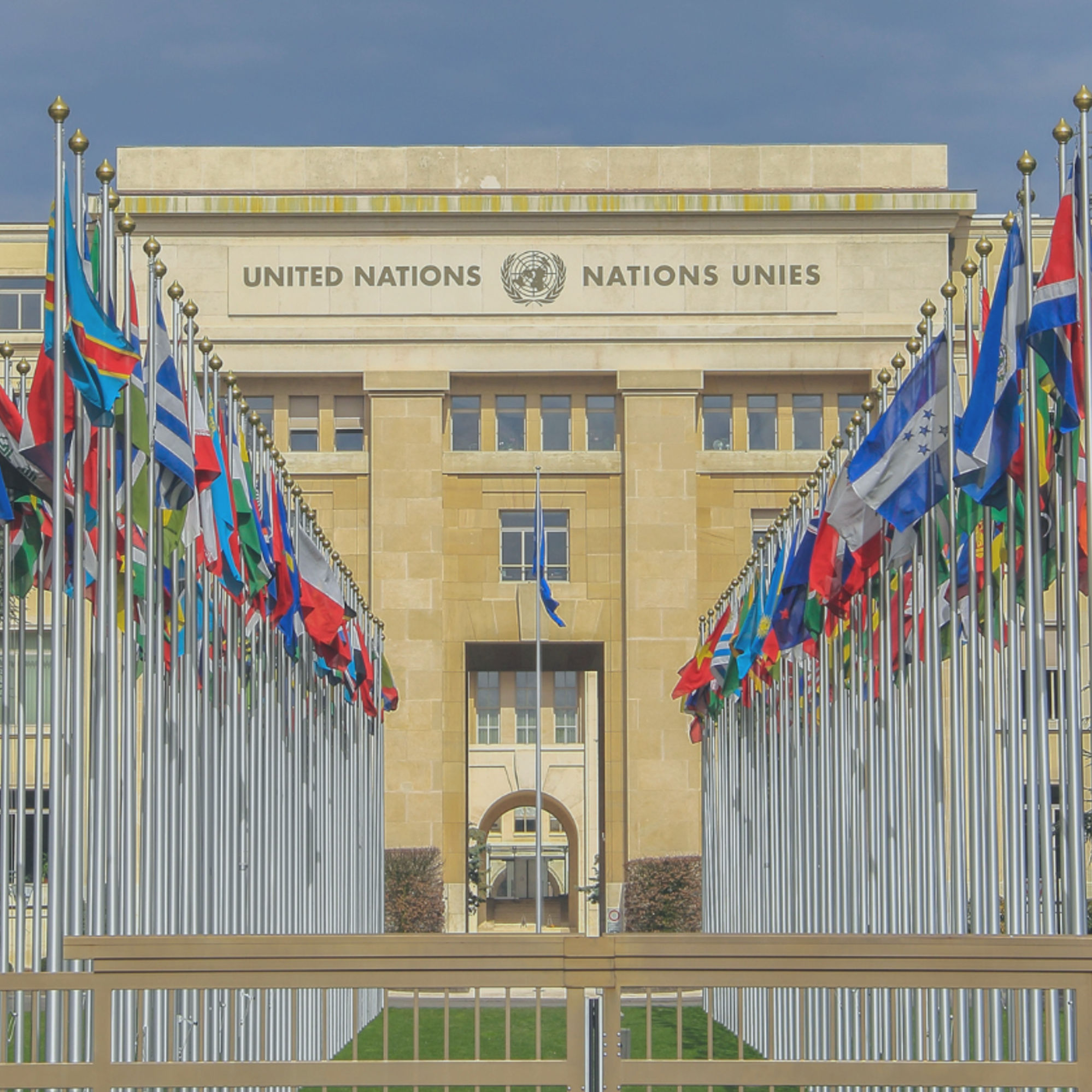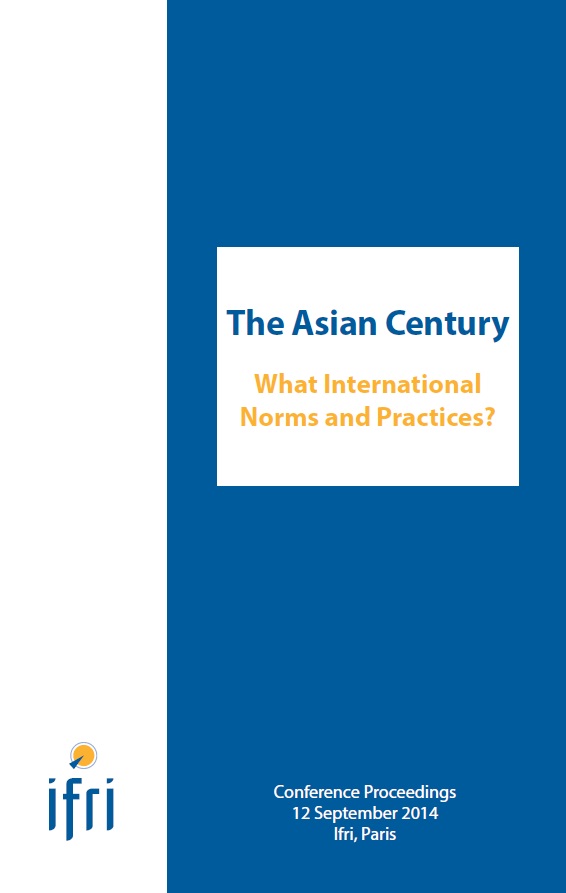International Organizations and Multilateralism
Rhetoric on the crisis of multilateralism is frequent. International organizations (UN, WTO, etc.) remain no less important, while other forums (G20, BRICS, etc.) are asserting themselves.
Related Subjects


Afghanistan’s Difficult Transition
Afghanistan’s transition has been, politically speaking, slower than first expected; militarily, it has been difficult with the Taliban increasing its attacks in many provinces, compromising the possibility of dialogue with the new power; and a diplomatic transition in which partners and neighbors have moved slowly from dialogue to action.

Asie de l’Est : la communauté économique impossible
The East Asian region has long been characterized by its informal structure. Strong economic integration, backed by dense intra-regional trade, has never been accompanied by regional institutional commitments. At the end of the 1990s, there was a vague desire to institutionalize the region, but to no avail.
A New Era for the European Council ?
Donald Tusk is set to make his mark as the new president of the European council. How will this be felt across the other institutions that make up the EU?

The Asian Century: What International Norms and Practices? Conference Proceedings, 12 September 2014
Asia is now a nerve center for global economic activity and a theatre of some of the most pressing security concerns of our time. So important has Asia become to global affairs today, and ostensibly for the decades to come, that many have already dubbed the 21st Century as the “Asian Century”.

International Health Cooperation Abolished by Ebola?
Since 1976, there have been twenty-five recorded epidemics of the Ebola virus. The 2014 outbreak is the most serious.
Juncker's 'last chance' Commission: Can he deliver?
Jean-Claude Juncker has made a surprisingly strong start. But behind the clear priorities and the innovative team set-up, his ability to restore trust in the EU remains to be seen.

The European Union to Ukraine’s Rescue
Recent events have provided the opportunity for the rekindling of relations between Ukraine and the European Union.

China’s Role in Multilateral Economic Institutions, between Revisionism and Status Quo
China, now the world’s second largest economy, is going to play an increasingly substantial role in multilateral economic organizations and mechanisms.

The Russian-Ukrainian Conflict Seen from Kiev
Moscow has every intention of including Ukraine in its Eurasian Union, with one major playing card: the exchange of Kiev’s sovereignty for economic and financial advantages.

The Ukrainian Crisis or the European Misunderstanding
The crisis in Ukraine seems at first to be the result of the impact of two misunderstandings of Russian and Western approaches.
Support independent French research
Ifri, a foundation recognized as being of public utility, relies largely on private donors – companies and individuals – to guarantee its sustainability and intellectual independence. Through their funding, donors help maintain the Institute's position among the world's leading think tanks. By benefiting from an internationally recognized network and expertise, donors refine their understanding of geopolitical risk and its consequences on global politics and the economy. In 2025, Ifri supports more than 80 French and foreign companies and organizations.






